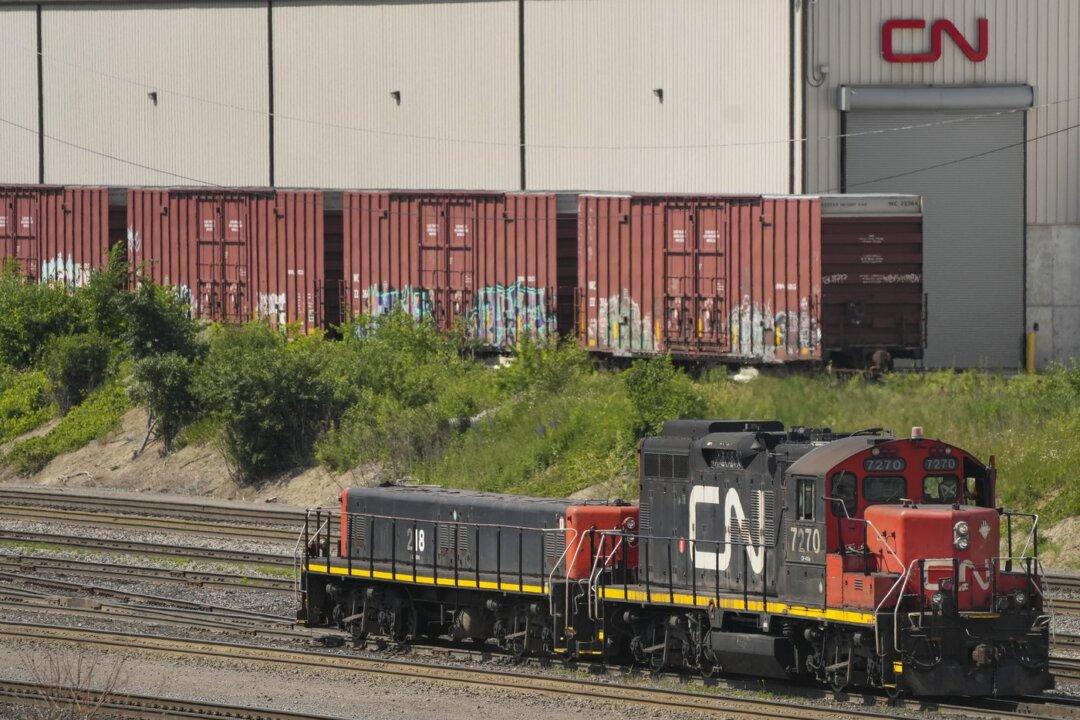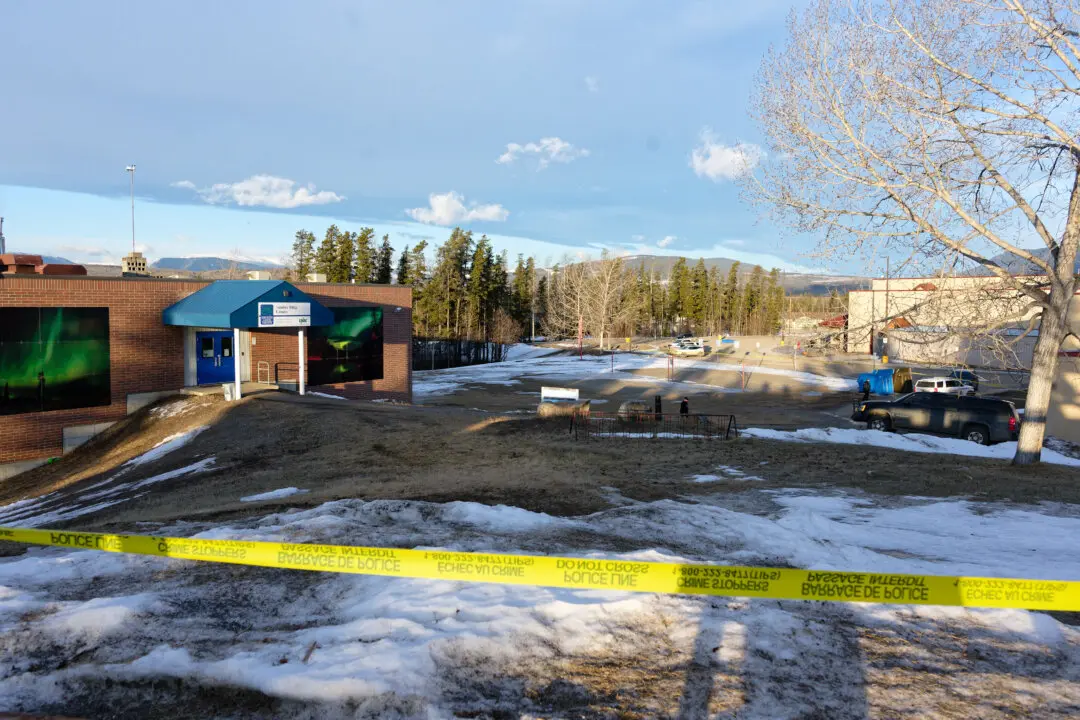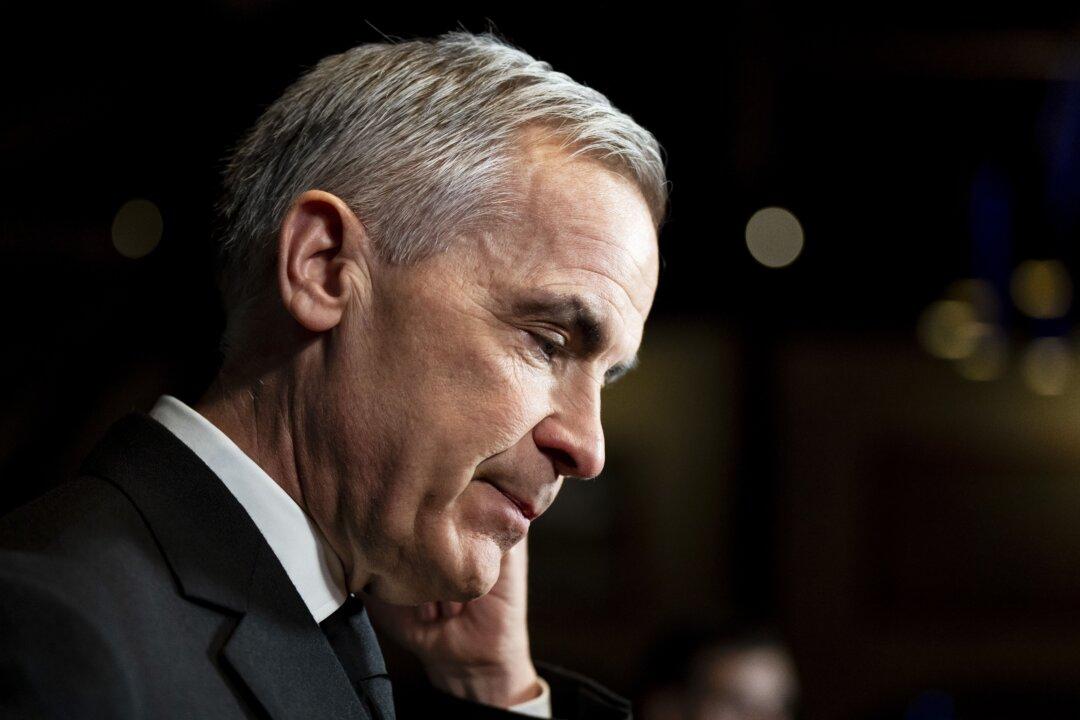Efforts are underway to reinstate full railway services in Canada after a labour board ordered more than 9,000 railway employees back to work today, while the workers’ union plans to fight the ruling in court.
The Canadian National Railway (CN) and Canadian Pacific Kansas City (CPKC) restarted rail operations at 12:01 a.m. ET Aug. 26 after a four-day work stoppage, bringing an end to a dispute that had disrupted the nation’s supply chains.





